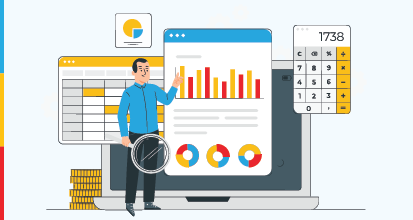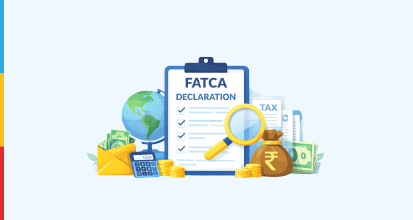- ITR: A form you file with the Income Tax Department to report income and calculate your tax liability or refund
- Dividend: A payout that a company gives its shareholders from its profits
- House Rent Allowance: A salary component that helps you claim a tax benefit on the rent you pay
- Remuneration: Payment received for services or work, including salary, fees, or commissions
- Capital Gains: Profit earned from selling assets like property, stocks, or gold
Written by : Knowledge Center Team
2025-12-15
3020 Views
6 minutes read
Share









